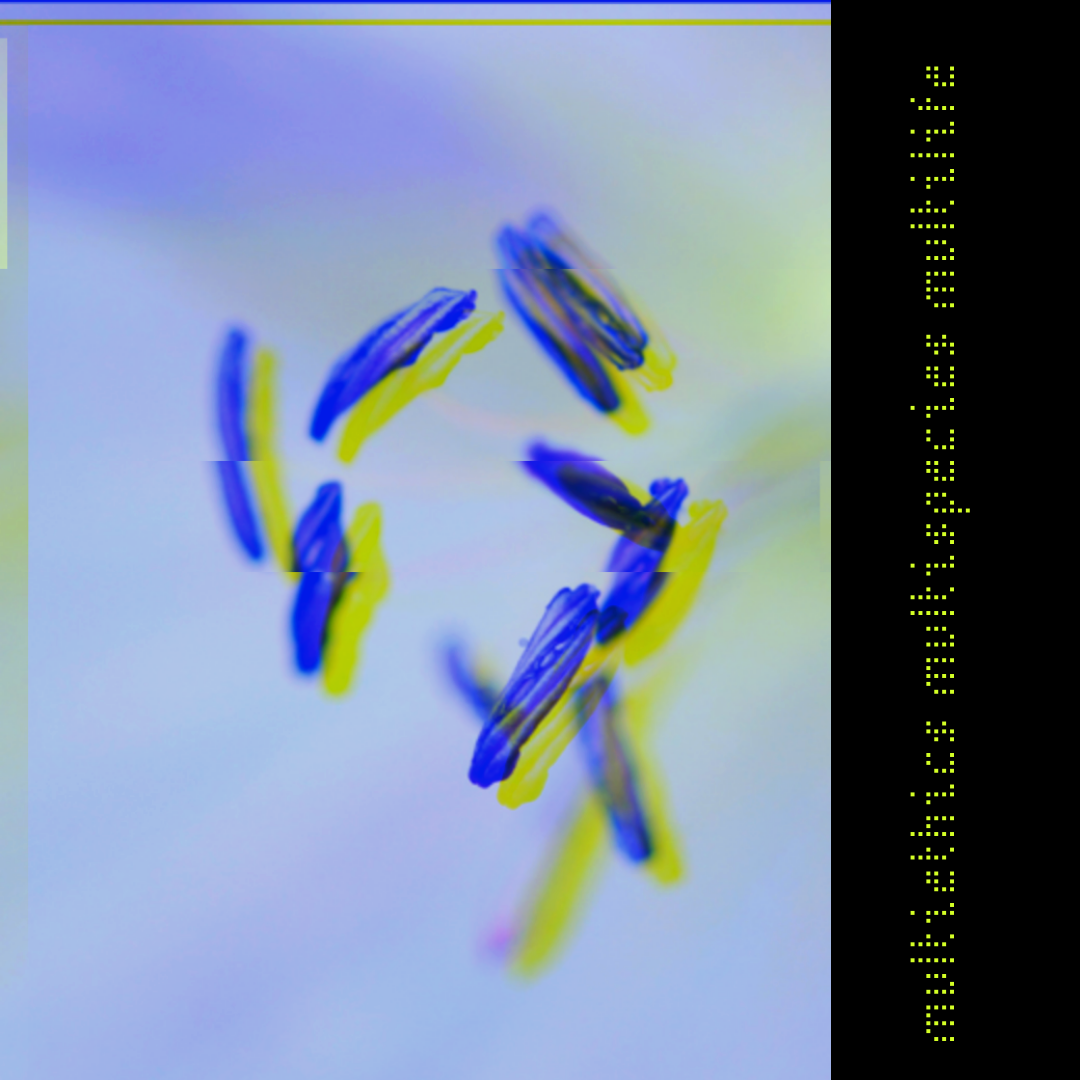
David Keplinger
Artist Statement: Talking & Listening to Plants
Of the twenty years of visits I paid Mary Oliver when she lived in Provincetown and later in Florida, the most memorable was my first. Getting close to town, I realized I’d neglected to bring her most recent letter along with me, her address on the envelope. I scratched the number down from memory (I knew it was Commercial Street…100? 500?) and worriedly navigated the narrow arteries imagining the worst, just looking for a sign of her. I didn’t even have a phone number.
It was spring and I was struggling to find my footing at a new job, and away from the city where I was living I also felt—along with that self-scathing feeling—a euphoria and openness unfamiliar to me then. I was seeing it all for the first time, the light of the bay and its receding shoreline on and on, the old names in the graveyards. But Mary was nowhere to be found. I walked up to a house and knocked on the door. Is this Mary Oliver’s house? I felt silly. But the woman who answered, standing in the threshold, now taken aback, said, “Well, no, but this is Stanley Kunitz’s house.”
Like Hamlet, by some accident of misdirection I had found directions out. Now I had landed on the porch of Kunitz, who had died the previous year. People inside were clearing the house of his things. The doorway keeper invited me in, and then she asked me to join her in his garden… I was suddenly the undeserving knight being welcomed into the Grail castle, and as a gift she gave me the bud of a hollyhock, which, she said, was Stanley’s favorite flower.
In the poem I imagine it’s Stanley himself passing along the reminder that no matter how we think we screwed things up, some of the time, maybe most of the time, things have a way of blossoming, nevertheless. I had nothing to do with this blessing. I only managed to accept it. Later I found the flower in the darkness of my pocket. It had opened under hard conditions, no light, no help from me, completely on its own.
David Keplinger is the author of eight books of poetry, recently Ice (2023 Milkweed Editions), and Another City (2018 Milkweed), which won the 2019 Rilke Prize. In 2020 he won the Emily Dickinson Award from the Poetry Society of America and was a finalist for the National Translation Prize for his work with Danish poet Carsten René Nielsen's Forty-One Objects (BOP, 2019). He's been the recipient of the Colorado Book Award, the T.S. Eliot Prize, Poetry International's Cavafy Award, and he has been awarded two fellowships from the NEA (poetry and literary translation). He lives and teaches in Washington D.C.

